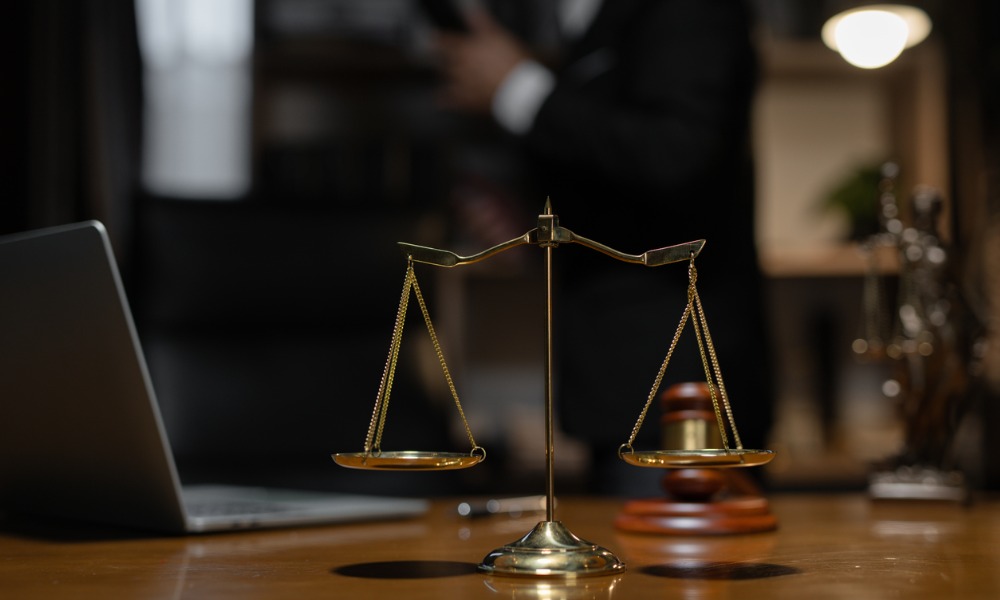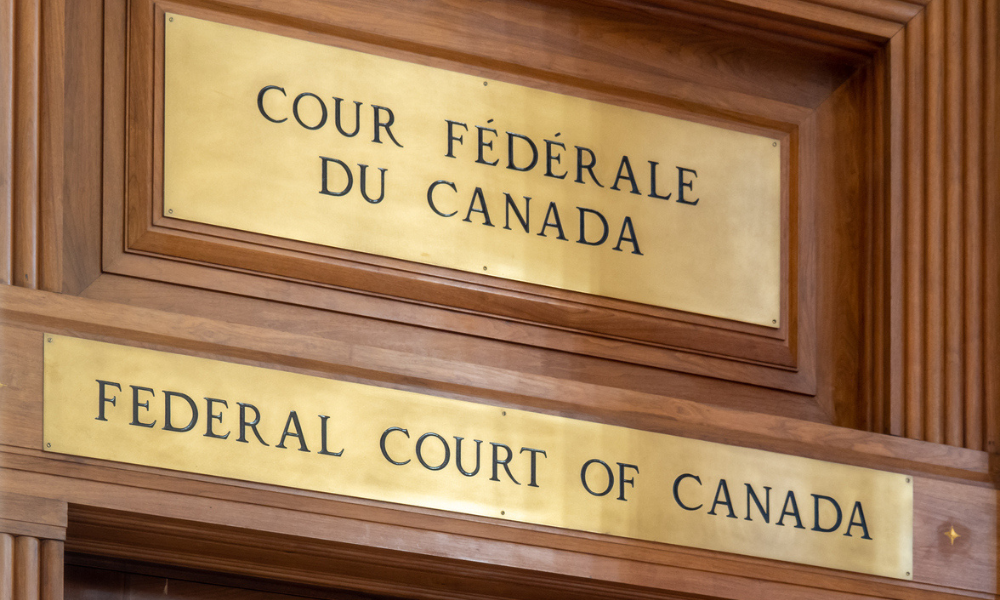In a unanimous decision Thursday, the Supreme Court of Canada ruled the courts have no jurisdiction to address the procedural fairness of religious groups or other volunteer organizations.

Highwood Congregation of Jehovah’s Witnesses (Judicial Committee) v. Wall involved a man who was expelled from his religious community and raised the question of whether the decisions by private, volunteer organizations should be subject to judicial review. Canada’s highest court found that judicial review is limited to public decision-makers and there is no right to procedural fairness absent an underlying legal right, according to the decision, which overturned rulings from the Court of Queen’s Bench and Court of Appeal of Alberta.
“Issues of theology are not justiciable,” wrote Supreme Court Justice Malcolm Rowe, who delivered the judgment.
“They just said when it's an intrinsically religious decision, like whether you should be a member of a religious community or not, that's something that the court should not be interested in deciding and the court agreed,” says David Gnam, managing partner of W. Glen How & Associates LLP, who acted for the Highwood Congregation of Jehovah’s Witnesses.
Randy Wall was a member of the Highwood Congregation of Jehovah’s Witnesses in Calgary. The congregation’s judicial committee “disfellowshipped” him after her admitted to “sinful behaviour” and they decided he was not sufficiently repentant.
Wall appealed to the higher levels of Canada’s Jehovah’s Witnesses community, the Watch Tower Bible and Tract Society of Canada, but he was unsuccessful in overturning the committee’s ruling, according to the decision.
He then applied for judicial review, seeking an order of certiorari, arguing his banishment was counter to natural justice and the duty of fairness and that it harmed his career as a realtor.
“Most of this client base didn't want to do business with them anymore. It also affected his family life and the character of his relationship with his spouse and children,” says Michael Feder, partner at McCarthy Tétrault LLP in Vancouver, who represented Wall.
In a hearing, it was decided the Alberta Court of Queen’s Bench had jurisdiction, the majority stating that courts can intervene in voluntary organizations when their decisions affect the property or civil rights of a member.
The SCC stated that there are three ways procedural fairness reviews are limited: to state action; if legal rights are at stake; and if the issues being reviewed are justiciable. Private parties cannot obtain judicial review over disputes unless there is a valid cause of action, “for example, contract, tort or restitution,” according to the ruling.
Lower courts have found that judicial review is applicable to decisions by “churches and other voluntary associations,” using two arguments: that being incorporated operates as a statutory grant of authority and that the associations in question are “sufficiently public in nature.” Both these lines of argument “fail to recognize that judicial review is about the legality of state decision making,” the decision states.
Gnam says this is an important decision for administrative law, as courts have made conflicting rulings regarding when decisions by voluntary associations are judicially reviewable since the Lakeside Colony of Hutterian Brethren v. Hofer decision in 1991. In Hofer, a colony of Hutterites in Manitoba obtained an order from the Court of Queen’s Bench to remove three men from the colony.
“That's why I think the Supreme Court accepted to hear this case — to settle the law once and for all,” he says. “They clearly stated judicial review is reserved for public law bodies, making public law decisions and public doesn't mean just a general interest to the public, it means in the sense of the rule of law.”
Feder says the decision seems to say the courts will not intervene in unfair practices by religious groups, even if their decisions have severely detrimental effects, as religion and its community membership can be so central to a person’s life.
“One need only think about what religious organizations are all about to understand the huge potential for expulsion or shunning to detrimentally affect a member's life. . . The potential for harm at the hands of a religious organization is, therefore, great,” he says.
There were 12 intervenors in the case — eight were religious organizations, including the World Sikh Organization of Canada.
“We understood that the implications of this case where much wider than just the Jehovah's Witness community or this particular church. If we have court intervening in the private religious matters of a religious organization or becoming by default interpreters of doctrine when it comes to membership decisions, that is very problematic for all people of faith in Canada,” says Balpreet Singh Boparai., legal counsel at World Sikh Organization of Canada.










